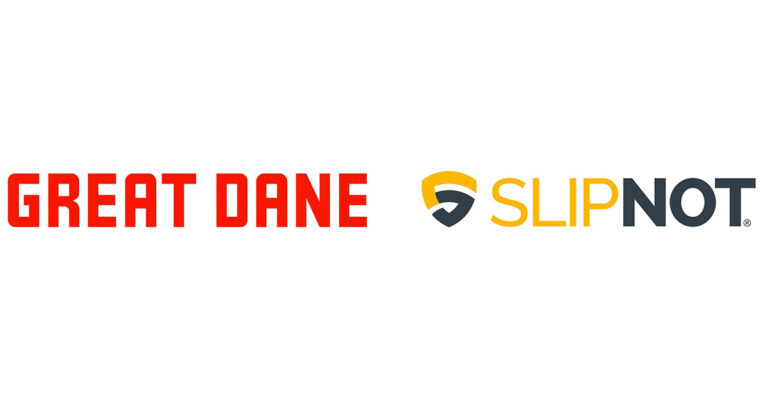Industrial plants must contend with a variety of standards and regulations both during construction and everyday operations. Food processing facilities face increased scrutiny because of the potential for foodborne illnesses. One area of these facilities that requires increased attention are the floors. Concrete floors must have a seamless covering or coating while all flooring throughout the facility must by hygienic. Certain areas also require slip resistance for worker safety.
When selecting a floor coating or covering, companies have a variety of options to choose from, each with its own pros and cons.
- Epoxies: A variety of epoxies are available on the market, many of which are FDA and USDA approved. Epoxies can offer concrete floors protection against acids and alkalies and have a relatively quick installation time. However, cracks are common in epoxy floors, especially in areas where heavy objects can be dropped on them. Over time, cracks will require that the epoxy be reapplied or replaced, which can be time consuming. When epoxies are applied to concrete, the concrete must be clean and free of any grease, oil, or solvents. The cleaning required can lengthen down-time in existing facilities for both first-time applications and re-applications/replacements. Wet epoxies also have a very strong odor, sometime leaving a lingering ammonia smell even after the epoxy has hardened.
- Urethanes: Urethanes often have a longer life than other floor coating options and they provide superior resistance to thermal cycling compared to epoxies. They have limited odor during the installation process. Once dry, they provide a seamless, easy-to-clean surface that is required for flooring in food-processing facilities. However, because they are applied in a liquid form, they are not recommended for use on floors graded to drain, which is a common occurrence in the food and beverage industry.
- Methyl Methacrylate: One of the main benefits of methyl methacrylate is its ability to be applied in low temperatures. It can also cure in as little as one hour. For these reasons, it is often used as a floor coating in cold storage areas. However, methyl methacrylate has a very strong odor during the installation process.
- Polyureas: A variety of polyureas are available on the market, some of which are acceptable under USDA standards. Some are also UL-approved to ANSI-NSF 61. Polyureas in general have no odor and dry tack free in as little as 45 seconds. They can also withstand a wide range of temperatures, from -20ºF to 250ºF. However, the thickness of polyureas is limited to 2 or 3 millimeters and they do not always bond well with concrete.
- Stainless Steel: Stainless steel provides both a durable and corrosion resistant flooring option throughout food processing facilities. It is able to withstand both extreme heat and extreme cold, making it useful in a wide range of areas throughout a facility. Welding also ensures that floors are seamless as required by most regulatory agencies. Stainless steel is also easy to clean and considered hygienic and is often used in many non-flooring applications throughout the food industry (pots, pans, bowls, etc.). Stainless steel is also a great option for floors that must be graded to drain and it is a common option for drain covers. Unlike many floor coating options that can only be applied over concrete, stainless steel can be used throughout a facility. It can be installed over concrete floors, on ladders or stairs, on raised work platforms, on catwalks, on floor scales, and even as safety handrails.
SLIPNOT® Metal Safety Flooring manufactures a slip resistant coating for a variety flooring products, including a variety of stainless steel products that are ideal for the food processing industry. SLIPNOT® stainless steel is NSF Certified for use in food processing facilities and is registered slip resistant with Underwriters Laboratories per the UL 410 and has been evaluated at almost double UL’s requirements for slip resistant materials. It also exceeds all other recommended standards and guidelines for slip resistance, including standards set by OSHA and the Americans with Disabilities Act (ADA). SLIPNOT® products can be easily installed in new facilities or retrofitted into existing structures where sanitation and slip resistance are required. Installation of stainless steel with SLIPNOT® is no different than installation of uncoated stainless steel and SLIPNOT®‘s patented process does not alter the substrate.
SLIPNOT® is already trusted throughout the food processing industry. Companies that rely on SLIPNOT® include Tyson, General Mills, and Coca-Cola. Case studies about SLIPNOT® in the food and beverage industry can be found here. You can also request a free sample or quote today!




